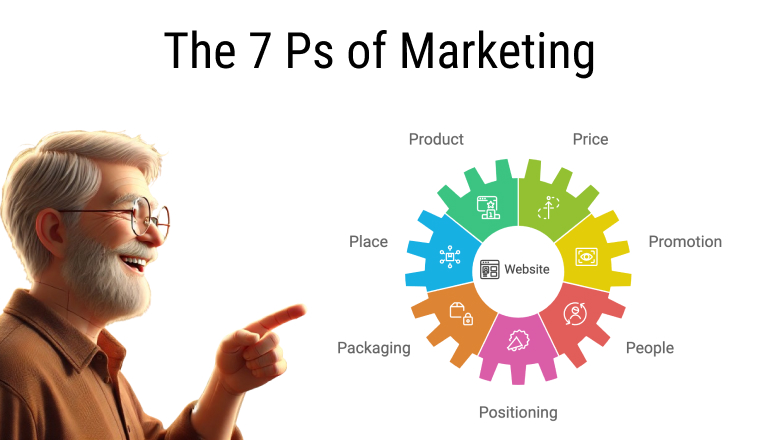If you’re a small business owner, marketing can often feel like an overwhelming task. You may have limited resources and budget, yet you need to attract and retain customers to grow your business. That’s where a small business marketing strategy comes in. These articles will provide small business marketing ideas that you can use to develop winning marketing strategies to help your small business succeed.
Why is Marketing Important for Small Businesses?
Marketing is essential for small businesses for several reasons. It helps to build brand awareness, making your business more visible to potential customers. Having an awesome product or service isn’t useful if your customers can’t find your business. Marketing allows you to differentiate your business from your competitors and highlight your unique selling proposition. Finally, marketing can help you to build relationships with your customers, increasing their loyalty and retention.
Setting Your Marketing Goals
Before you begin developing your marketing strategy, you need to set clear, measurable goals. Your goals should align with your overall business objectives and be specific, measurable, achievable, relevant, and time-bound. Some common marketing goals for small businesses include increasing brand awareness, generating leads, driving website traffic, and boosting sales.
Understanding Your Target Audience
Successful marketing begins and ends with your customers. You need to understand your target audience to create an effective marketing strategy. Who are your ideal customers? What are their needs and pain points? What motivates them to buy? The articles listed here explore marketing ideas and tactics you can use to attract and engage your audience.
Developing Your Marketing Mix
Your marketing mix is the combination of tactics that you use to promote your business. It includes the five Ps of marketing: product, price, packaging, promotion, and place. For small businesses, the most effective marketing mix will depend on their specific industry, target audience, and budget. Some common tactics include social media marketing, email marketing, content marketing, search engine optimization (SEO), and advertising.
Leveraging Social Media Marketing
Social media marketing can be a powerful tool for small businesses, allowing you to reach a large audience at a low cost. To make the most of social media, you need to choose the right platforms for your business, create engaging content, and engage with your followers. You can also use social media advertising to target specific audiences and drive conversions.
Crafting Compelling Content
Content marketing involves creating valuable, relevant, and consistent content to attract and retain a clearly defined audience. Content can take many forms, including blog posts, videos, infographics, and social media posts. By creating compelling content, you can establish your business as a thought leader in your industry and attract new customers.
Implementing Search Engine Optimization (SEO)
SEO involves optimizing your website to rank higher in search engine results pages (SERPs). You can increase your website traffic and generate more leads and sales by ranking higher. Be aware of SEO best practices as you develop marketing ideas. Some SEO tactics include conducting keyword research, optimizing your website structure and content, and building backlinks from other websites.
Measuring Your Marketing Results
You need to measure your results to ensure that your marketing strategy is effective. By tracking key metrics such as website traffic, social media engagement, and sales, you can identify areas for improvement and optimize your tactics accordingly.
Conclusion
The small business marketing ideas collected here will help you develop winning marketing strategies for your small businesses to grow and thrive. By setting clear goals, understanding your target audience, developing your marketing mix, leveraging social media marketing, crafting compelling content, implementing SEO, and measuring your results, you can create a strategy that drives results for your business.








